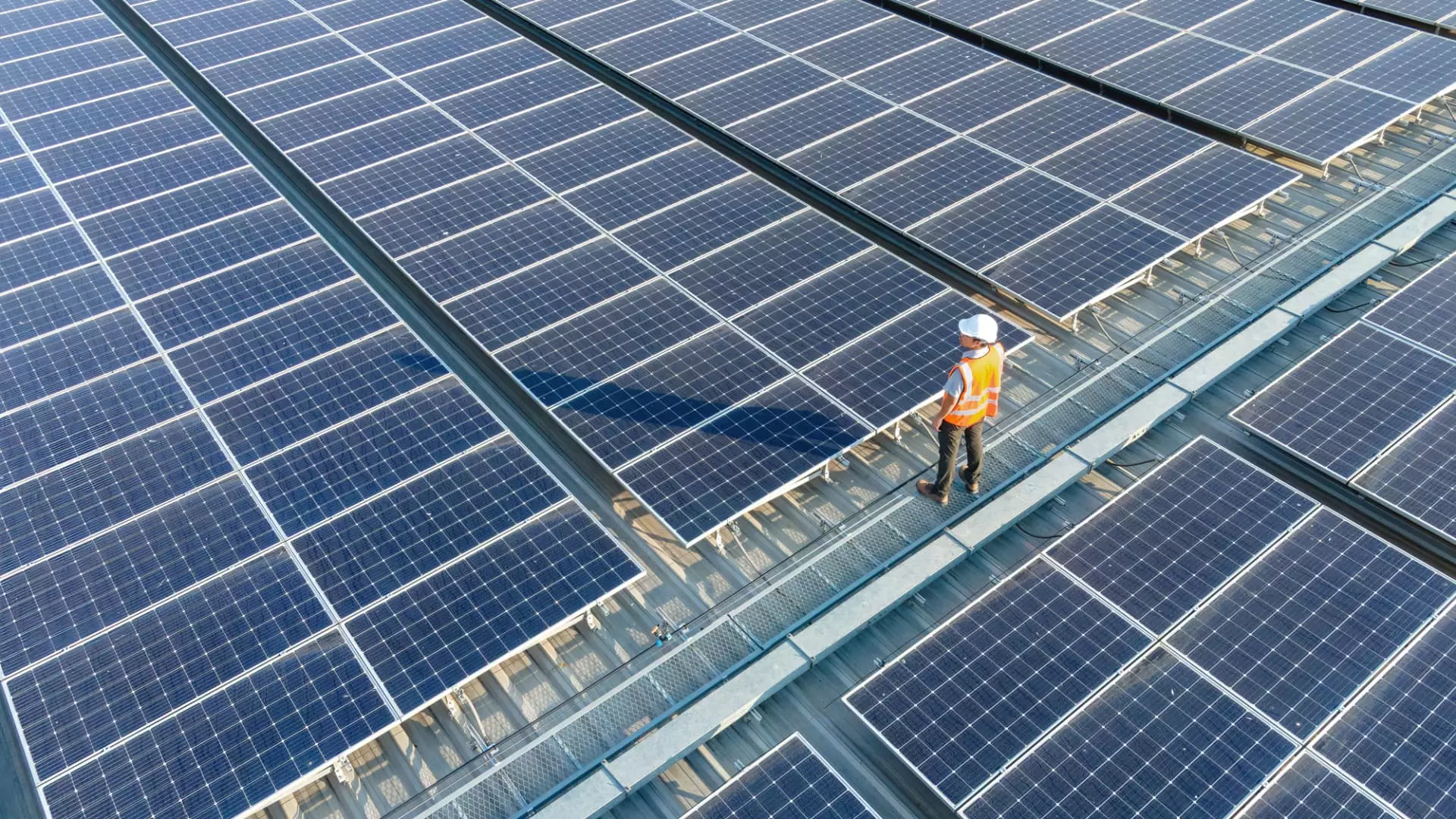In the increasingly volatile world of high finance, the affluent are vigorously rethinking their investment strategies. The latest findings from BlackRock reveal a burgeoning shift toward alternative assets among ultra-wealthy individuals and family offices. This trend is not just a fleeting inclination; it represents a seismic change in wealth management that speaks to the human instinct for adaptation in the face of uncertainty. With 42% of their portfolios now dedicated to alternatives—an increase of 3% over the previous year—family offices are poised to redefine traditional investment paradigms.
The allure of alternative assets lies in their potential for diversification. Unlike conventional equity or fixed-income markets, which can be brutally influenced by global economic conditions, alternatives such as real estate, venture capital, and private credit seem to offer a refuge. The astute investor understands that with market fluidity comes the necessity to spread risk, and family offices are responding to this mandate with a vigorous commitment to innovative asset classes.
Infrastructure: The Unsung Hero of Investment
Among the array of alternative assets, infrastructure, in particular, is emerging as a notable favorite. A staggering 30% of family offices express intentions to increase their exposure, aiming to capitalize on a sector often overlooked by less discerning investors. Perhaps this is indicative of a broader economic renaissance that recognizes the potential of sustainable development and modernization as long-term growth strategies. Infrastructure investments stand out for their enticing blend of security and potential profitability. They promise returns akin to private equity, yet with a markedly lower risk profile—a concept that is increasingly invaluable amid economic fluctuations.
Moreover, infrastructure’s intrinsic link to burgeoning investments in artificial intelligence unveils yet another layer of opportunity. As technology continues to evolve, the demand for advanced data solutions and enhanced energy grids is driving unprecedented growth in this segment. It isn’t just about bricks and mortar; it’s about laying down the very framework of future economies. The bullish sentiment surrounding infrastructure, with 75% of surveyed family offices expressing optimism, is a testament to its perceived security and potential for substantial gains.
Caution Amidst Optimism: The Private Credit Conundrum
However, as the adage goes, “with great power comes great responsibility.” While optimism prevails among 51% of families regarding private credit, a significant 21% remain wary. This juxtaposition unveils a palpable concern surrounding the explosion of capital flowing into private credit markets. After all, when the allure is exuberant, the risks can be equally formidable. Family offices are cautious, probing deeper into the borrowing landscapes and scrutinizing the quality of companies behind the loans. This critical examination is essential, especially considering the potential for increased defaults in the event of a psychic or physical recession.
Industry experts like Armando Senra from BlackRock emphasize the necessity of distinguishing experienced managers who can navigate through turbulent market landscapes. Caution, in this scenario, is not merely prudence; it’s a strategic advantage.
Navigating the Future: Diversification as the New Norm
In this rapidly evolving investment climate, diversification appears as the linchpin of effective strategy, particularly in private equity where 12% of institutions intend to reduce their holdings. Investors are moving beyond traditional portfolios into the uncharted territories of special situation debt—which often involves lending to companies in distress. This shift reflects an acute understanding of the market cycles and an inclination toward seizing opportunities that lie within the realms of challenge.
Investors must accept that the future is marked not only by collaboration with advanced technologies but also by a commitment to ethical investing—a key tenet of liberal economic values. The complexities of the modern market demand not just astute financial decisions but also a sense of responsibility towards the communities these investments impact.
Ultimately, the landscape of wealth allocation is transforming in extraordinary ways. The lure of traditional investments is fading, making room for innovative approaches that promise not just wealth accumulation but a robust societal contribution. As family offices embrace these shifts, they are not merely surviving—they are thriving, reshaping the financial ecosystem to align with a more sustainable and equitable future.


Leave a Reply